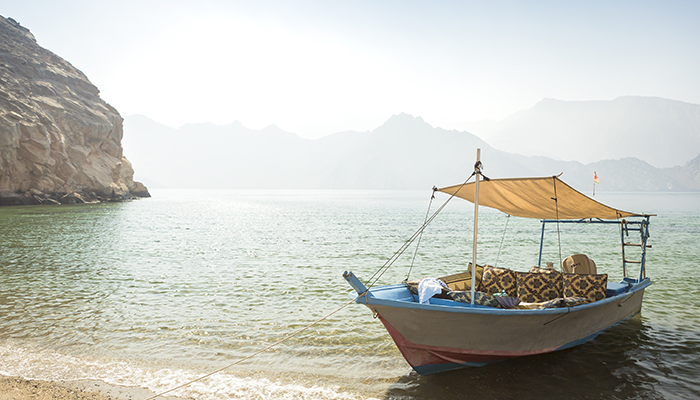
Muscat: Money spent by tourists coming to Oman nearly doubled between 2015 and 2019, according to figures from the National Centre for Statistics and Information (NCSI).
The NCSI, in its Tourism Statistics Bulletin for 2019, reported that inbound tourism expenditure in 2015 was OMR364.75 million, an amount which increased to OMR684.7 million in 2019, reflecting a growth of nearly 87 per cent.
The average spending of a tourist in the country rose from OMR138.5 in 2015 to OMR200 in 2019. Oman has earmarked tourism as one of the areas of development in the years to come, as part of its move to diversify its economy.
Dr Khalifa Abdullah Hamad Al Barwani, the chief executive of the NCSI, said this was “within the framework of the efforts made by many countries of the world, including the Sultanate, to avoid the negative effects resulting from fluctuations in international oil prices and their impact on their economies, through their efforts to search for alternative and safe sources of income for their national economies.
“From this standpoint, the Sultanate’s interest was developed towards working on a number of promising economic sectors, including the tourism sector, to be an important tributary of its national economy and a secure source of income,” he said in the report. “The tourism sector is one of the most important sources of income for many countries of the world.”
Air tickets and accommodation made up the bulk of money spent by tourists coming to Oman, accounting for 32 per cent (OMR221.8 million) and 30 per cent (OMR205.8 million) of their expenditure.
Money spent on food and beverages made up another OMR92 million (13.5 per cent), while transportation costs accumulated in the country (OMR51 million) and shopping (OMR54 million), accounted for more additions to money spent in the country.
“If the government wants to attract visitors to the Sultanate, it should make efforts to upgrade the tourism sector and continue to develop its infrastructure as a promising and reliable source of income to the gross national product,” added the NCSI in its report. “This is in addition to targeting new markets and marketing the Sultanate as a safe and diversified tourist destination.”